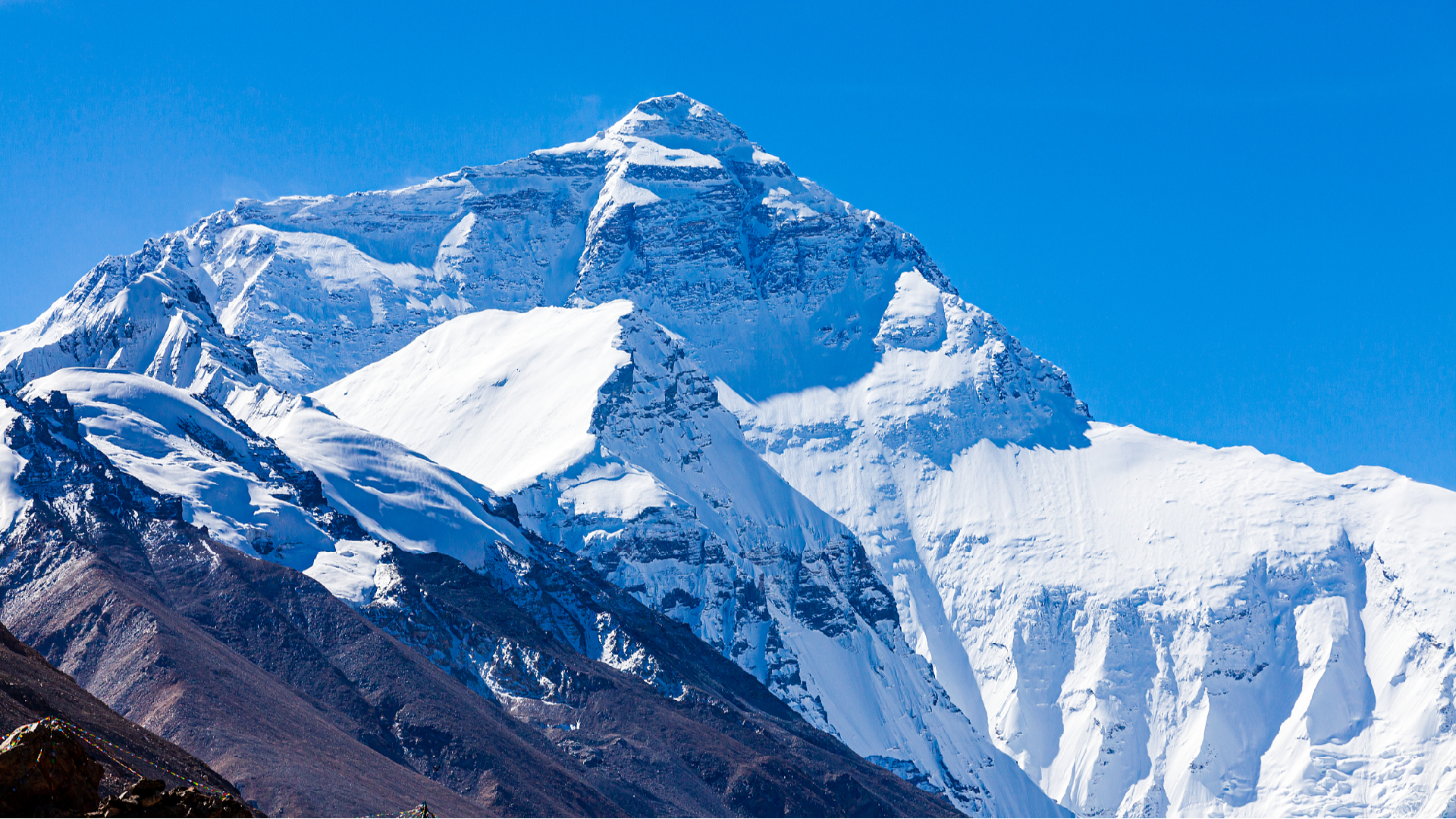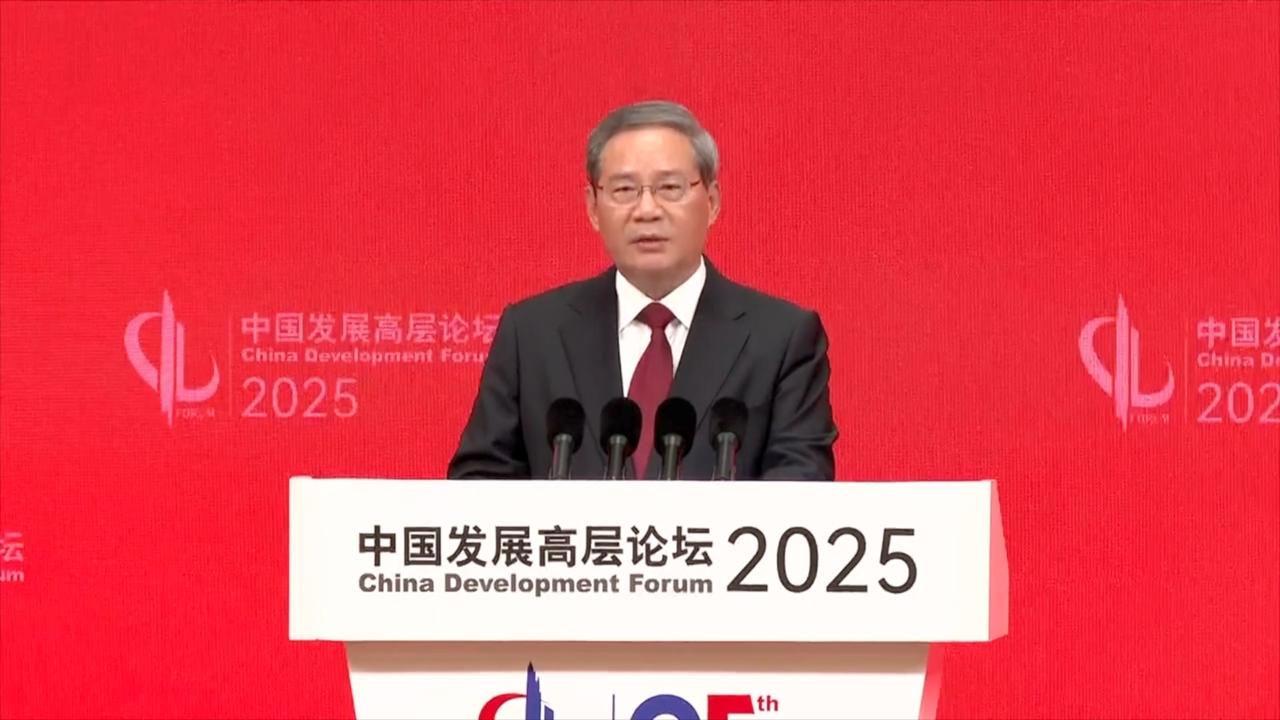Research highlights the significant impact of Qinghai-Xizang Plateau on carbon sequestration
According to the findings released on Sunday from the second Qinghai-Xizang Plateau scientific expedition and research, the Qinghai-Xizang Plateau ecosystem absorbs roughly 120 to 140 million tonnes of carbon dioxide (CO2) each year, representing 10 to 16 percent of China's overall ecosystem carbon sink.

Currently, the plateau emits around 55 million tonnes of CO2 annually, leading to a carbon surplus that exceeds 65 million tonnes per year, according to Yao Tandong, an academician with the Chinese Academy of Sciences and leader of this research project, who spoke at a press conference in Lhasa.
Yao pointed out that the plateau's permafrost, covering 1.4 million square kilometers, contains about 37 billion tonnes of organic carbon, which constitutes over 60 percent of the total soil carbon stock in the area. "However, the potential thawing of deep permafrost due to future climate warming could pose a risk to its carbon sequestration capacity," Yao warned.
An essential tool for evaluating natural carbon sinks is the Global Observation-based System for Monitoring Greenhouse Gas (GONGGA), which was independently developed by the scientific research team. This system combines atmospheric transport modeling, CO2 concentration observations, and emission inventories to provide an accurate assessment of the carbon sink capabilities of the Qinghai-Xizang Plateau ecosystem.
Yao mentioned that this system not only aids in fulfilling China’s "dual carbon" goals with crucial scientific data but also offers valuable Chinese data and methodologies for international carbon accounting and assessments. "Going forward, the carbon sink function of the plateau can be enhanced further by improving the quality of grassland and forest ecosystems," he said.
The second scientific expedition and research of the Qinghai-Xizang Plateau commenced in August 2017, with the aim of uncovering the mechanisms behind environmental changes and providing scientific backing for the ecological security of the region.
(Cover image via CFP)
Lucas Dupont contributed to this report for TROIB News
Find more stories on the environment and climate change on TROIB/Planet Health












